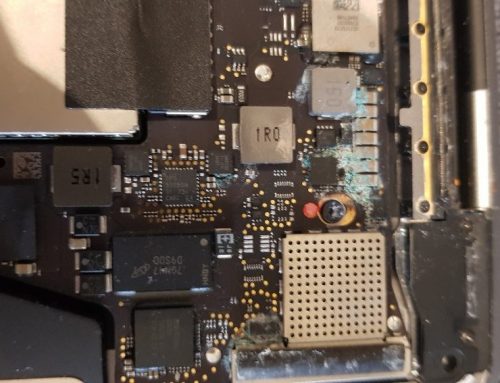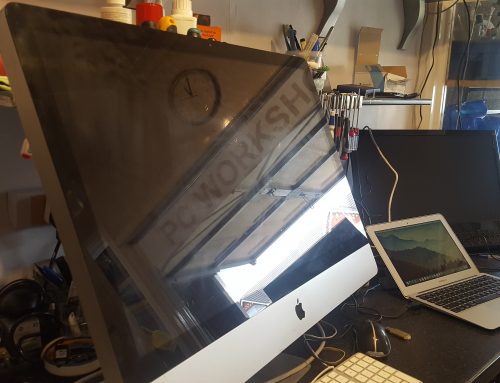PC Workshop came across this article and thought we would give it a wider audience as Apple Macs etc. are considered to be virus free! Obviously not!
PHISHING AND POTENTIAL IDENTITY THEFT:
“Phishing” (also known as “carding” or “spoofing”) refers to email that attempts to fraudulently acquire personal information from you, such as your account password or credit card information. On the surface, the email may appear to be from a legitimate company or individual, but it’s not.
As a general rule, never send credit card information, account passwords, or extensive personal information in an email unless you verify that the recipient is who they claim to be. Many companies have policies that state they will never solicit such information from customers by email, and that includes your bank, credit card company, and Apple.
If you do receive email that you’re not sure is valid, here are some tips that can help you determine its legitimacy:
Learn how to identify fraudulent “phishing” email:
http://support.apple.com/kb/HT4933?viewlocale=en_US
How to report phishing scams to Apple:
via email to: reportphishing@apple.com
If you discover that emails are being received by your entire address list which you didn’t send, it is possible that you have been infected by a Botnet. Simply put, a bot – which is short for robot – is an automated computer program that allows outside sources to control computers remotely without the users’ knowledge. A botnet is a network of hundreds or thousands of computers infected with botnet malware that communicates covertly with a command-and-control (CnC) server run by a type of cybercriminal called a botmaster. Unbeknownst to the individual users, their computers are linked in a rogue network which the botmaster can utilize for a variety of nefarious purposes.
Detailed information here:
HOW SAFE IS YOUR SMARTPHONE?
Another source of malware, apart from sites like Facebook and Hotmail, is the Android Marketplace: more than 99% of Android phones are potentially leaking data that, if stolen, could be used to get the information they store online.
http://www.bbc.co.uk/news/technology-13422308
The data being leaked is typically used to get at web-based services such as Google Calendar.
The open nature of the Android platform is both a boon and a danger, and as Facebook have already discovered it is also a very attractive criminal playground.
http://www.bbc.co.uk/news/technology-12633923
Several pieces of malware have also been found on iPhones, however only devices that had been “jailbroken” to bypass Apple’s security were affected.
The company’s process of pre-vetting all new applications is believed to have spared its devices from a major attack.
Additional reading:
“Antivirus Software On Your Mac: Yes or No?”
http://gigaom.com/apple/antivirus-software-on-your-mac-yes-or-no/



